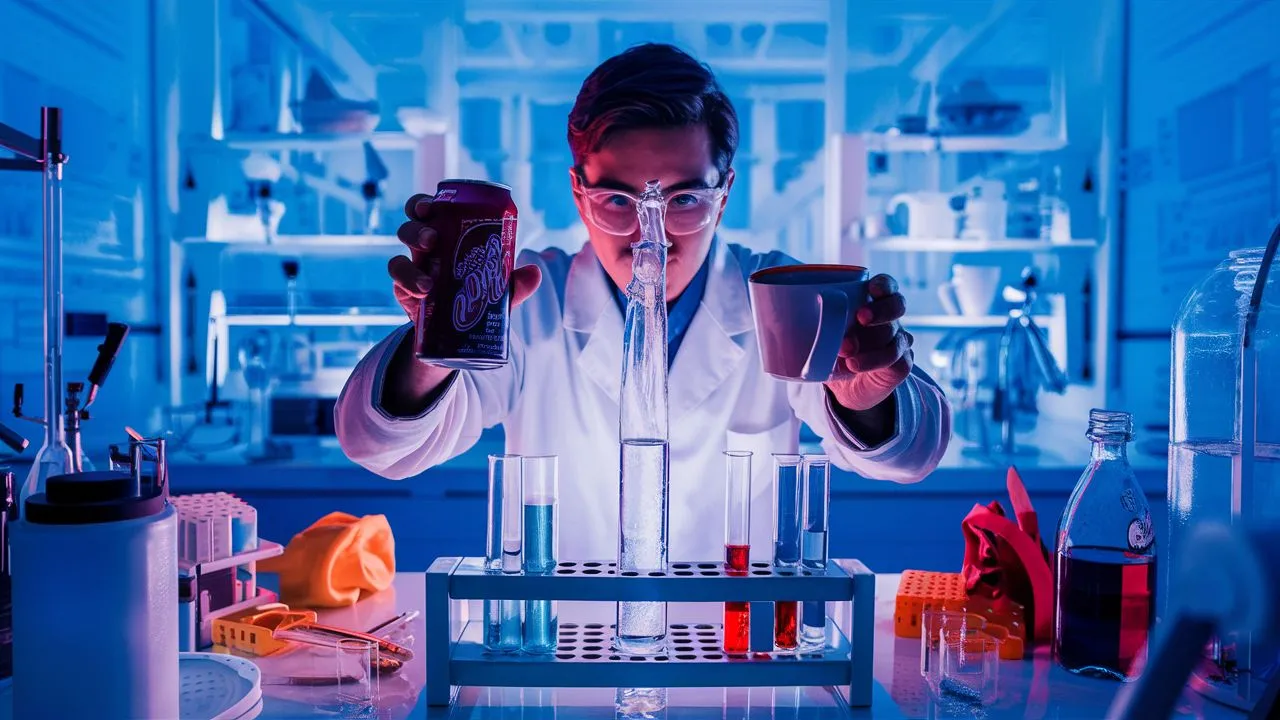MIT Researchers' Breakthrough in Hydrogen Production from Recycled Materials and Seawater
Key Ideas
- MIT researchers have developed a method using recycled aluminum cans, seawater, and caffeine to generate hydrogen sustainably.
- By treating aluminum with a gallium-indium alloy and submerging it in seawater, they achieved accelerated hydrogen production facilitated by imidazole.
- They are working on a small reactor for marine applications, powered by recycled aluminum pellets, that could power underwater vehicles for up to 30 days.
- The technology eliminates the need for transporting seawater, making it highly suitable for maritime applications and with future plans for land and air transport.
MIT researchers have made a significant advancement in the field of hydrogen production by developing a sustainable method that utilizes recycled aluminum cans, seawater, and a touch of caffeine. By treating aluminum with a gallium-indium alloy, the researchers were able to overcome the issue of the protective oxide layer, leading to hydrogen generation when submerged in seawater. The addition of imidazole from caffeine further accelerated the reaction, making hydrogen production more efficient. This breakthrough opens up possibilities for practical applications, particularly in marine and underwater vehicles. The engineers are now working on a compact reactor for onboard ship and underwater vehicle use, which could be powered by recycled aluminum pellets and the gallium-indium-caffeine mixture. This innovative system could potentially power small underwater gliders for nearly a month without the need for transporting additional seawater, making it highly suitable for maritime applications. The team aims to adapt this technology for other modes of transport like trucks, trains, and airplanes, showcasing the versatility and potential impact of this groundbreaking research.
